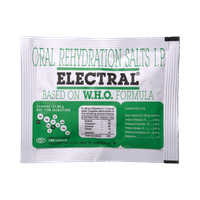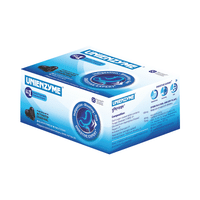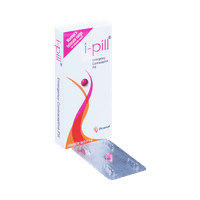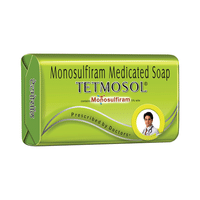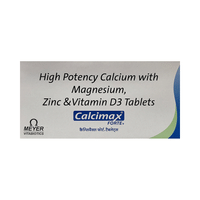food interaction for ATM
alcohol interaction for ATM
pregnancy interaction for ATM
lactation interaction for ATM
medicine interaction for ATM
food
alcohol
pregnancy
lactation
medicine
No interaction found/established
No interaction found/established
ATM Gel may be unsafe to use during pregnancy. Although there are limited studies in humans, animal studies have shown harmful effects on the developing baby. Your doctor will weigh the benefits and any potential risks before prescribing it to you. Please consult your doctor.
CONSULT YOUR DOCTOR
ATM Gel is probably safe to use during breastfeeding. Limited human data suggests that the drug does not represent any significant risk to the baby.
SAFE IF PRESCRIBED
No interaction found/established
SALT INFORMATION FOR ATM
Azithromycin(2% w/w)
Uses
Azithromycin is used in the treatment of bacterial infections. It is used in bacterial infections of tonsils, sinus, ear, nose, throat, skin and soft tissues and lungs (pneumonia).
How it works
Azithromycin is an antibiotic. It works by preventing synthesis of essential proteins required by bacteria to carry out vital functions. Thus, it stops the bacteria from growing, and prevents the infection from spreading.
Common side effects
Vomiting, Nausea, Abdominal pain, Diarrhea, Headache, Palpitations, Chest pain, Indigestion, Flatulence, Dark colored stool, Vaginal moniliasis, Vaginal inflammation, Fatigue, Rash, Itching, Photosensitivity, Nephritis, Dizziness, Vertigo, Angioedema (swelling of deeper layers of skin)
Adapalene(0.02% w/w)
Uses
Adapalene is used in the treatment of acne.
How it works
Adapalene is a form of vitamin A which treats acne (pimples). It works by preventing accumulation of the sebum (skin’s natural oil) which unblocks the pores and allows natural exfoliation of the outer layers of skin.
Common side effects
Itching, Erythema (skin redness), Skin irritation, Burning sensation, Xerosis, Scaling, Contact dermatitis, Sunburn, Skin exfoliation, Acne, Worsening of acne, Allergic reaction
SUBSTITUTES FOR ATM
No substitutes foundExpert advice FOR ATM
- Do not skip any doses and finish the full course of treatment even if you feel better. Stopping it early may make the infection to come back and harder to treat.
- Take it 1 hour before or two hours after food.
- Do not take antacids 2 hours before or after taking Azithromycin.
- Diarrhea may occur as a side effect but should stop when your course is complete. Inform your doctor if it doesn't stop or if you find blood in your stools.
- Stop taking Azithromycin and inform your doctor immediately if you develop an itchy rash, swelling of the face, throat or tongue or breathing difficulties while taking it.
Frequently asked questions FOR ATM
Azithromycin
Q. Is Azithromycin safe?
Azithromycin is safe if used at prescribed doses for the prescribed duration as advised by your doctor.
Q. What if I don't get better?
You should inform your doctor if you do not notice any improvement in your symptoms after 3 days of taking Azithromycin. Also, if your symptoms get worse, inform your doctor immediately.
Q. Can the use of Azithromycin cause diarrhea?
Yes, the use of Azithromycin can cause diarrhea. It is an antibiotic which kills the harmful bacteria. However, it also affects the helpful bacteria in your stomach or intestine and causes diarrhea. If you are experiencing severe diarrhea, talk to your doctor about it.
Adapalene
Q. My skin is getting dry because of applying Adapalene. How do I manage it?
Adapalene can cause skin dryness at the site of application. To minimize this dryness, you can apply moisturizer to your skin in the day time. However, make sure that you are using a non-comedogenic moisturizer, which is less likely to clog your pores and increases the severity of your acne.
Q. Can I undergo cosmetic procedures while taking Adapalene?
Your doctor will decide whether you can continue taking or stop taking Adapalene before cosmetic procedures. Please ensure that your doctor knows about all the medicines you are taking before any cosmetic procedure.
Q. Is it safe to use Adapalene?
Yes, Adapalene is safe to use when used according to your doctor's advice. However, like all medicines, even this medicine has some side effects, but it is not necessary that anyone who is taking these medicines might get all of the side effects. Please talk to your doctor if you get any unpleasant effects while taking this medicine.













